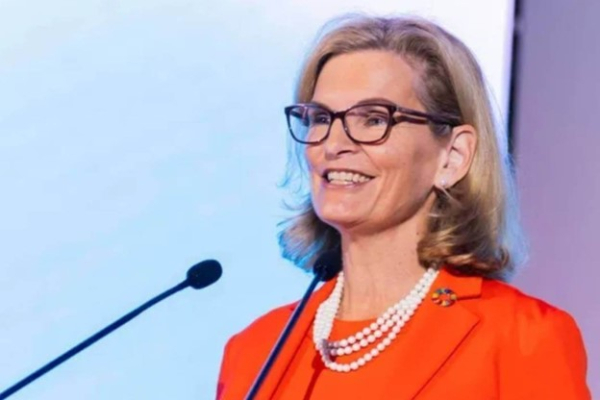AI applications can address some of Africa’s most pressing challenges, such as food security, disease prevention, and climate resilience. With African startups increasingly leveraging AI for innovative solutions, such as mobile-based health diagnostics or precision agriculture, the coalition can fuel the growth of the continent’s tech ecosystem.
The International Telecommunication Union (ITU), a UN agency for digital technologies, has launched the AI Skills Coalition to close the global AI skills gap and expand access to AI education. Announced at the World Economic Forum in Davos, held from January 20-24, the initiative brings together over 25 founding organizations, including Amazon Web Services (AWS), Microsoft, the East Africa Community, and Cognizant.
ITU Secretary-General Doreen Bogdan-Martin commented: “Our new AI Skills Coalition is aiming to train thousands of people this year, especially those living in regions of the world just getting started on their AI journey, as part of our commitment to ensure that all communities can fully participate in our shared digital future."
The coalition will provide an online platform offering free resources on generative AI, machine learning, and sustainable AI applications. The platform, launching in March 2025, will offer self-paced courses, webinars, certifications, and specialized training on AI ethics and governance for developing countries. ITU will collaborate with the UNDP to deliver AI training in 170 countries.
This initiative holds particular significance for Africa, where a substantial digital skills gap limits many countries' ability to fully leverage AI's potential. As AI continues to transform industries, bridging this gap is essential for the continent to remain competitive on a global scale. According to a report by the International Finance Corporation (IFC), an estimated 230 million jobs in sub-Saharan Africa will demand digital skills by 2030, resulting in almost 650 million training opportunities.
This initiative aligns with the UN’s Pact for the Future and the Global Digital Compact, promoting inclusive AI adoption to drive sustainable development and bridge the global digital divide.
Hikmatu Bilali



















